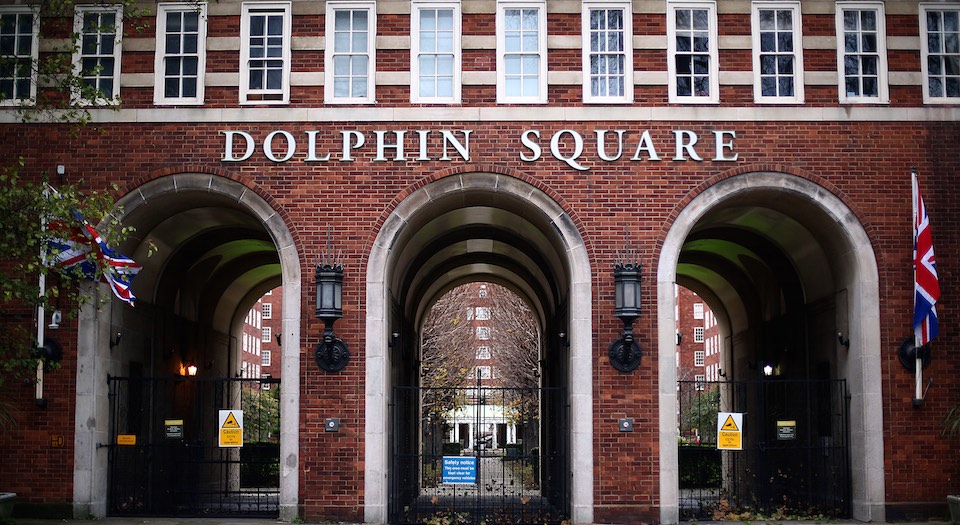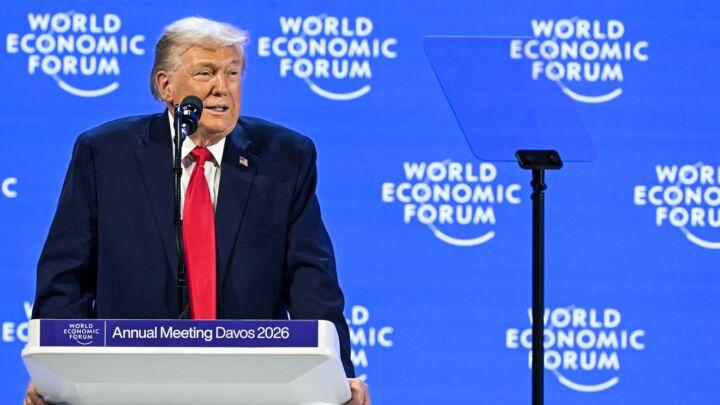Operation Midland: why the paedo panic won’t die
As one hysteria is exposed, another replaces it.

Want unlimited, ad-free access? Become a spiked supporter.
It seems that Operation Midland, the UK police inquiry into the alleged sexual abuse and murder of children at the hands of senior politicians, army figures and spooks, is about to be put out of its muck-spreading, travestying misery. As the Daily Mail reported last week, ‘Scotland Yard is to close its disastrous investigation into alleged VIP child-sex abuse and murder after concluding there is no substance to the claims’.
Contrast Midland’s ignominious demise with the tawdry fanfare that greeted its launch in November 2014. Back then, of course, the idea that ministers, generals and spy chiefs had murdered children as well as sexually abusing them at some point during the 1970s made sense. After all, this was After Savile. This was a moment when the crusade to root out the child-abusing evil in our midst was at its height. And Operation Fairbank, the umbrella investigation into child-sex abuse carried out by public figures, was already in full swing, and championed by existing parliamentarians like Labour’s now deputy leader Tom Watson and the Tories’ London mayor hopeful Zac Goldsmith. So a homicidal child-abusing VIP paedophile ring? Why not?
Here’s a few headlines at the time of Midland’s launch: ‘I watched Tory MP murder a boy during depraved Westminster VIP paedophile party’; ‘VIP child-abuse whistleblowers were “murdered”‘; and, of course, ‘Claims that boys were murdered by VIP sex ring are credible and true – police’.
Over the following few months, former minister Leon Brittan, former MP Harvey Proctor and retired general Lord Bramall had their homes raided, and were called in for police questioning. Others, such as ex-prime minister Edward Heath (d.2005) and former MI6 director Sir Maurice Oldfield (d.1981), were implicated, too. Which was to be expected, right? After all, the claims were ‘credible and true’. We knew that because the police, in particular Midland’s lead detective Kenny McDonald, had told us that they were credible and true.
The only problem with this tale of murderous, paedophilic ministers, and bloodthirsty child-abusing generals is that the claims were neither credible nor true, as was becoming publicly clear as early as September last year. That was when the Daily Mail reported that officers had ‘grave doubts’ about the key witness in Midland, ‘Nick’, who they discovered had also claimed to be a victim of Jimmy Savile in a TV documentary – a ‘Walter Mitty fantasist’ was their considered opinion. A month later, the BBC’s Panorama hammered what will probably turn out to be the final nail into Midland’s coffin when it revealed that another key witness, ‘David’, had provided the names of prominent politicians, including Brittan, ‘as a joke suggestion to start with’, and that Chris Fay, who pushed David’s claims to Watson and the police, was a convicted fraudster and former Labour councillor, who had been ‘putting words in [David’s] mouth’.
Since then, the unravelling of Midland has continued apace. Last month, following the de facto exoneration of many of the suspects, it emerged that Lord Bramall had been told he also had no case to answer. But it was Bramall’s interview last week with a BBC journalist that really exposed the wilful credulity, the sheer ‘I believe’ craziness, of Midland. As Bramall said of his alleged conduct, including a paedophiles’ get-together on Remembrance Day, ‘I just don’t see how a level-headed policeman could believe one word of it – without corroboration which he did not bother to get’. And as a former colleague observed, ‘When the man is a field marshal, he’s [hardly] likely to choose Remembrance Sunday to have a sex party’.
What’s more, the police investigation of Bramall seemed wanting on so many levels: they failed to talk to any witnesses who could have corroborated Bramall’s own account for over six months; they failed to pay attention to his stationing in Hong Kong at the time of several allegations of sex abuse in the UK; and they failed to grasp how implausible was Bramall’s part given the fact that, due to his military role, his life was ‘incredibly heavily monitored’, with every phone call listened in to by another office. Little wonder Metropolitan Police commissioner Sir Bernard Hogan-Howe, with his contract up for renewal in the coming months, is under pressure to apologise to Bramall.
It’s almost as if Operation Midland was informed by a willingness to believe the worst, no matter how fantastical the depravity alleged. That’s why the right questions were never asked, the proper scrutiny never applied, the necessary evidence never sought. Not because this is difficult in historical cases. But because there was no real drive to interrogate the supposed victims’ stories, to test allegations which were as serious as they were incredible. The push from certain politicians and campaigners was always to err on the side of gullibility, to believe what was being alleged. It’s worth remembering that detective chief inspector Paul Settle, the original lead on Operation Fernbridge, a predecessor inquiry to Midland, was forced to step down following a call to the director of public prosecutions from Tom Watson over Settle’s view that there were no grounds to question Lord Brittan. After Settle’s removal, Brittan was promptly brought in for questioning. In the heat of the post-Savile crusade to root out this evil in our midst, there is no room for the sceptical.
And it’s this crusade against this paedophile-shaped evil that explains why the imminent collapse of Midland, the exposure of ridiculously false allegations and wilfully naive policing, and Hogan-Howe’s rolling head, won’t really defuse today’s hysterical belief in the omnipresence of child abuse. Indeed, at the same time as Midland was collapsing in December, the police were busily announcing that the overarching inquiry into all ‘non-recent’ child sex abuse, Operation Hydrant, was investigating 2,200 suspects, including 99 politicians and 147 people involved in TV, radio or film. Far from questioning their trawl for historical allegations of child sex abuse, the police continue to embrace it, encouraging more and more allegations as if their institutional life depended on it.
Which, in a sense, it does. For the persistence of the child-abuse crusade, its waxing and waning from the Satanic panics of the 1980s, through the NSPCC campaigns of the 1990s and 2000s, to the post-Savile hysteria of today, rests on a deeply felt societal absence – namely, the absence of some form of moral certitude, an evil against which the good can be clarified. That’s what the figure of the child abuser, the contemporary embodiment of evil, provides – a compass in morally disoriented times, a clear sense of where right and wrong are located. And for institutions, from parliament to the police, wracked by crises of authority, moral and otherwise, waging war on the paedophile, on evil, offers a shot at redemption. So, yes, various police operations can, and no doubt will, collapse; assorted public inquiries can, and will, fail to unearth the depravity some are convinced exists; and myriad allegations can, and will, prove to be false. But the paedophile obsession will continue. There are too many with too much morally invested in it for it to stop.
Tim Black is editor of the spiked review.
£1 a month for 3 months
You’ve hit your monthly free article limit.
Support spiked and get unlimited access.
Support spiked – £1 a month for 3 months
spiked is funded by readers like you. Only 0.1% of regular readers currently support us. If just 1% did, we could grow our team and step up the fight for free speech and democracy.
Become a spiked supporter and enjoy unlimited, ad-free access, bonus content and exclusive events – while helping to keep independent journalism alive.
———————————————————————————————————————————–
Exclusive January offer: join today for £1 a month for 3 months. Then £5 a month, cancel anytime.
———————————————————————————————————————————–
Monthly support makes the biggest difference. Thank you.










Comments
Want to join the conversation?
Only spiked supporters and patrons, who donate regularly to us, can comment on our articles.